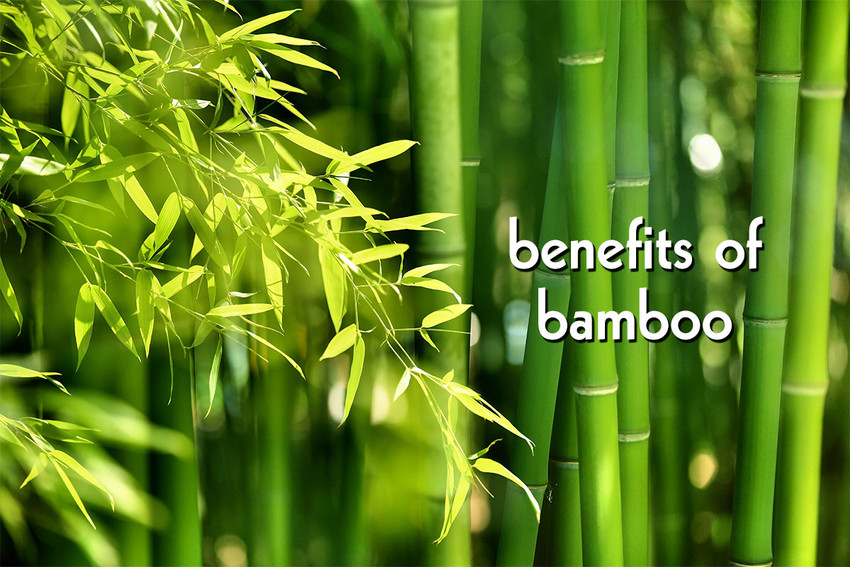Is Bamboo Earth-Friendly?
Posted by EcoSox on Apr 3rd 2024
 Bamboo is grown and harvested in a way that promotes eco-friendliness and sustainability. Here are some key points on how bamboo cultivation and harvesting practices contribute to being more earth-friendly:
Bamboo is grown and harvested in a way that promotes eco-friendliness and sustainability. Here are some key points on how bamboo cultivation and harvesting practices contribute to being more earth-friendly:
Renewable and Sustainable
Bamboo is considered a sustainable plant due to its rapid growth rate and resilience. It can be harvested without depleting the entire plant or damaging the surrounding ecosystem.
Reduced Deforestation
Bamboo cultivation helps reduce deforestation and habitat destruction. Unlike other timber sources, bamboo can be harvested without cutting down the entire plant, allowing it to regenerate quickly.
Low Environmental Impact
Bamboo requires minimal water and does not rely on chemical fertilizers or pesticides for growth. This reduces the environmental impact associated with conventional agriculture practices.
Carbon Sequestration
Bamboo has the ability to absorb large amounts of carbon dioxide from the atmosphere, making it an effective tool in combating climate change.
Versatile and Sustainable Uses
Bamboo is a highly versatile plant with countless uses, including construction, textiles (like EcoSox Bamboo Socks), furniture, and even food. Its sustainable properties make it an excellent alternative to traditional materials that have a higher environmental impact.
By adopting these practices, bamboo cultivation and harvesting contribute to a more sustainable and earth-friendly approach to meet various needs while minimizing the negative impact on the environment.


